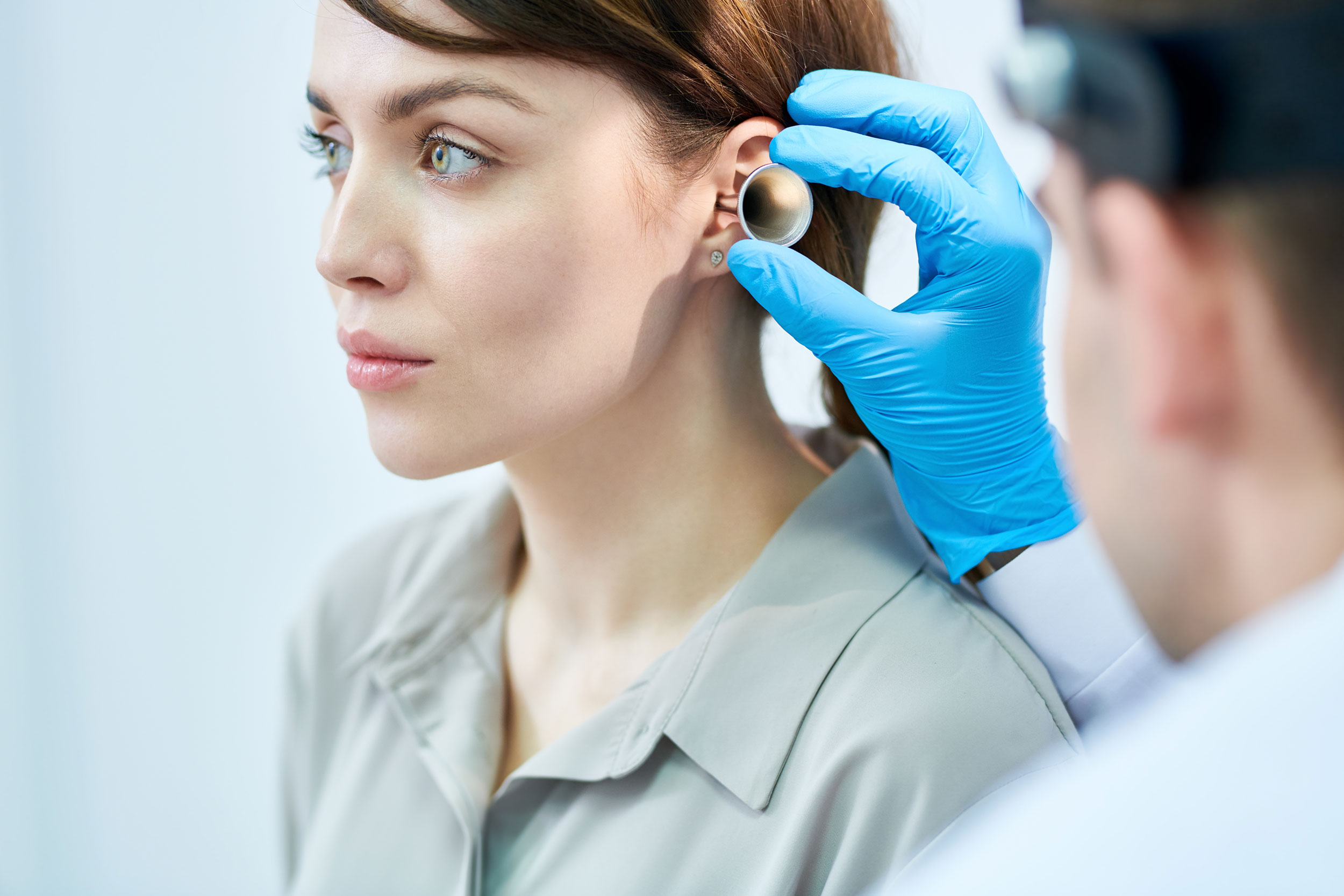Compacted earwax, which can cause muffled hearing and discomfort, is common – more than two million people in the UK each year need earwax removed. However, many are now finding that the service is no longer available at their GP surgery – 66% of people seeking earwax removal have been told it is no longer available on the NHS.
Some of these are referred to earwax clinics in hospitals, resulting in long waiting times and inefficient use of hospital resources. Others are turning to private high street services, which cost between £50 and £100.
The Royal National Institute for Deaf People conducted a survey, in which they found that more than a quarter of those looking for earwax removal cannot afford the cost of private options. The National Institute for Health and Care Excellence (NICE) thinks that NHS earwax removal services should be provided in the community, where the most demand is found, but this recommendation is often ignored by GP practiced. This can be because some GPs hold the mistaken belief that wax softening drops alone can be sufficient to manage compacted earwax – but in reality, this idea is not backed by evidence.
GPs may also be unwilling to carry out high pressure syringing (a common method of wax removal), because this can sometimes result in damage to the ear, and so represents a risk for the GP. This is despite the introduction of new, lower risk, methods of earwax removal. It is clear that the provision of earwax removal needs to improve – the NHS is currently not able to keep up with demand for this service, leaving many with muffled hearing or pain, a situation which cannot be allowed to persist.




